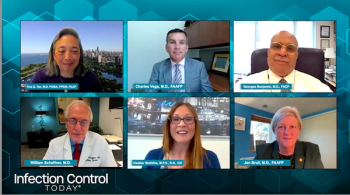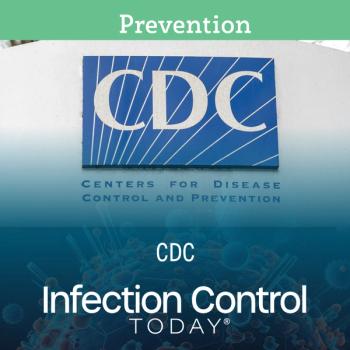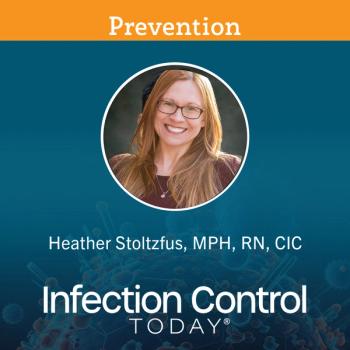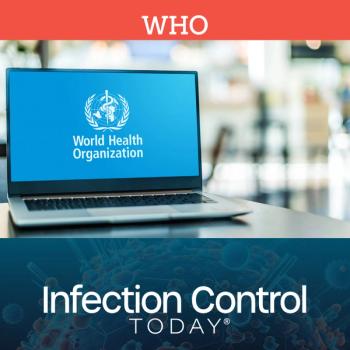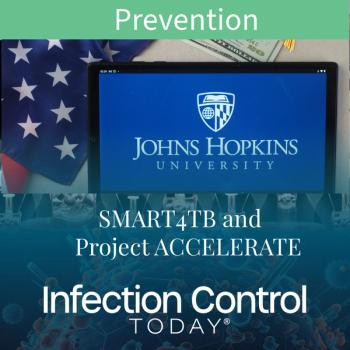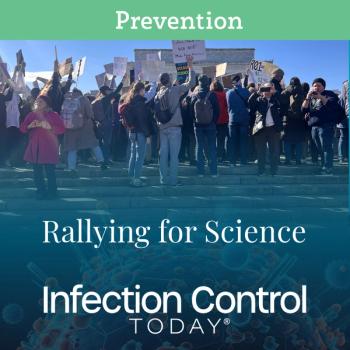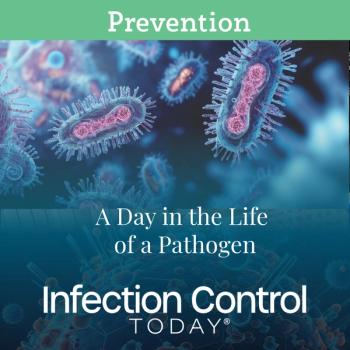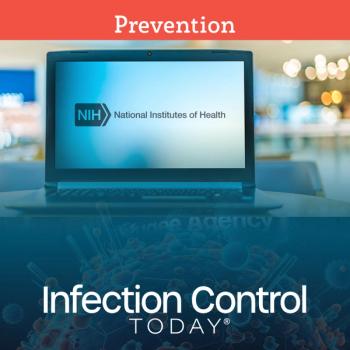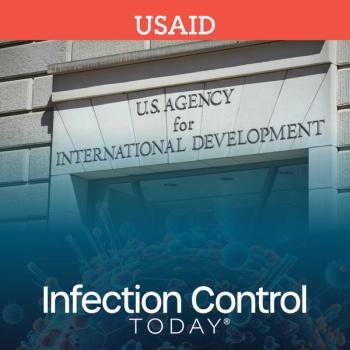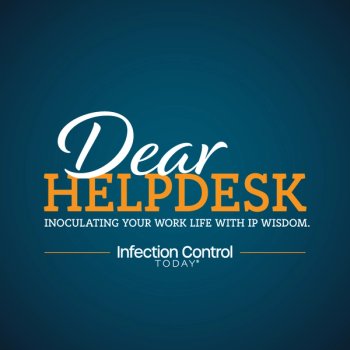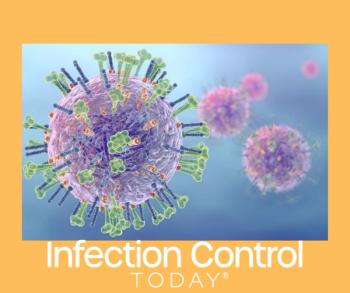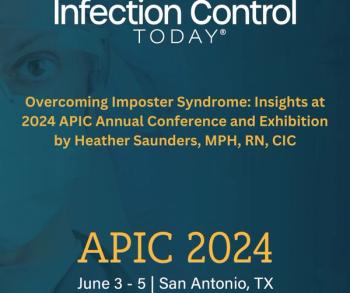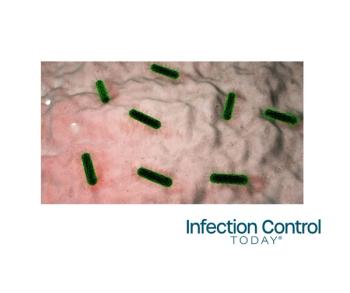Heather Stoltzfus is an experienced and motivated registered nurse with a master’s degree in public health and a certification in infection control. Striving for excellence in the prevention and control of infectious disease, Heather believes in using innovative and strategic leadership methods to achieve program goals.
Heather first discovered her love for infection control (and chai tea) during a short-term assignment in Nairobi, Kenya, where she worked to improve maternal and child health through the prevention of infectious diseases. After spending the first 6 years of her nursing career in busy emergency departments, Heather transitioned away from the bedside to join the work at the Johns Hopkins Hospital as an infection control epidemiologist. Following the completion of her master's degree in public health, Heather became the infection prevention and control nurse consultant for the State of Maryland, assisting healthcare facilities in their response to health care-associated infections. Currently, Heather is employed with Johns Hopkins University Division of Infectious Diseases as a research nurse program manager, using her expertise to guide research in the prevention and control of infections in health care settings. Additionally, Heather is the owner of Broad Street Prevention, where she serves as an infection prevention consultant.
During her off hours, Heather enjoys writing, reading, hiking, and spending time with her friends and family. She is the proud author of the blog, All the Lessons We Learn, where she gives a lyrical accounting of all the beautiful, painful, and transcendent lessons that we learn on this journey we call life.
You can follow Heather on facebook at https://www.facebook.com/thelessonswelearn/ and wordpress at thelessonswelearn.com.
Website for Broadstreet Prevention: www.Broadstreetprevention.com







